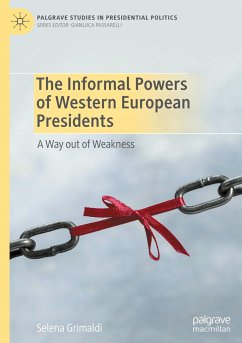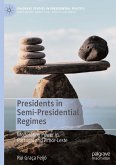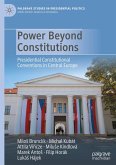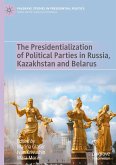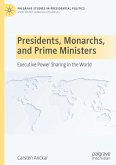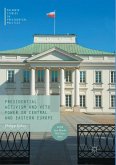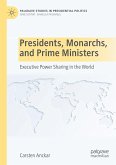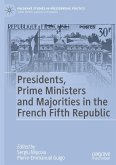The book explores how weak presidents directly or indirectly elected can still play a crucial role in the political arena. Weak presidents have been distinguished from strong ones by relying on the evaluation of the powers they display according to the constitution. Six Western European countries are analysed: Germany and Italy which present a consistent constitutional design (as weak presidents are elected indirectly), and Austria, Ireland, Finland and Portugal that present inconsistent constitutional design (as weak presidents are elected directly). In contrast to much of the existing comparative works on presidential powers and activism, the book emphasises the role and the use of informal powers beyond that of formal ones. In particular, a definition and a typology of informal powers are provided as well as an empirical investigation on informal presidential activism. The positive outcome of presidential informal interventions are studied by relying on an interactionist approachwhich combines presidency-centred as well as president centred-explanations. The book argues that when dealing with informal presidential activism the opportunity structure matters but presidential public support matters even more.

